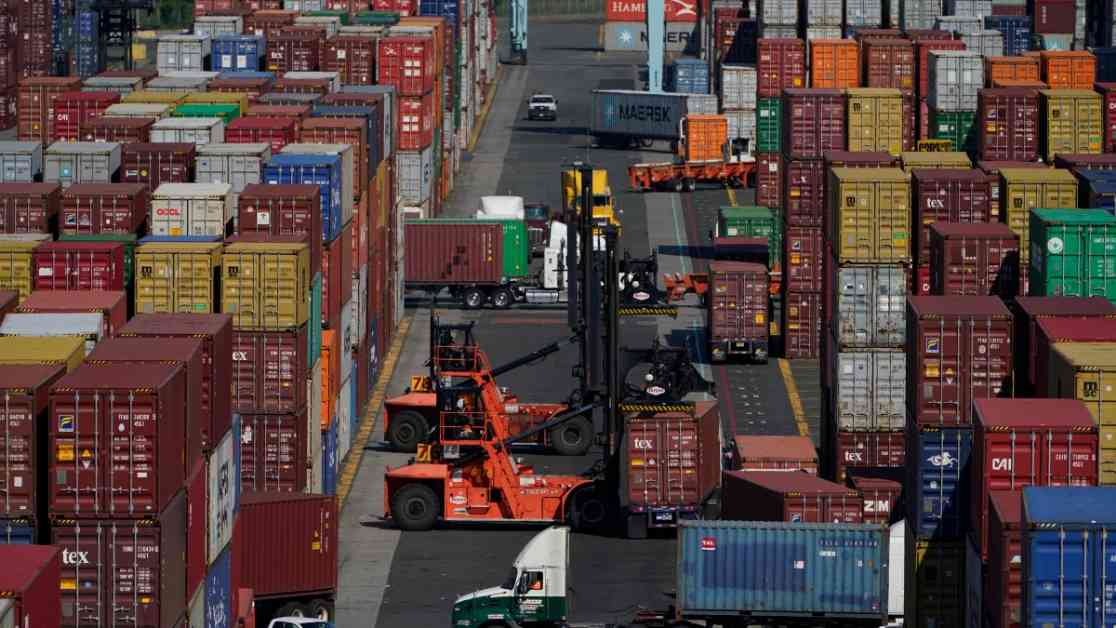Dockworkers at ports from Maine to Texas have gone on strike due to issues with wages and automation. This strike could lead to inflation and shortages of goods if it continues for an extended period. The contract between the ports and the International Longshoremen’s Association expired at midnight, and despite progress in talks, the workers initiated the strike. This strike is the first by the union since 1977.
Workers at various ports, such as the Port of Philadelphia and Port Houston, are picketing and demanding a fair contract. The union is advocating against automation, emphasizing that corporations are replacing hardworking individuals with machines. The U.S. Maritime Alliance, representing the ports, mentioned that both sides have adjusted their wage offers, but the strike indicates that a deal has not been reached.
The union is pushing for a significant pay raise over the contract’s duration to account for inflation and previous small raises. The alliance has increased its offer and promised to maintain limits on automation from the previous agreement. Despite these efforts, the strike remains ongoing as both parties seem to be at odds.
Experts suggest that while consumers may not see an immediate impact from the strike due to retailers stocking up on goods, prolonged strike action could disrupt the nation’s supply chain. This disruption could lead to higher prices, delays in goods reaching consumers, and potential impacts on the holiday shopping season. Moreover, perishable imports like bananas could be immediately affected by the strike.
The strike could result in massive delays across the supply chain, affecting industries beyond the holiday season. J.P. Morgan estimated that a strike shutting down East and Gulf coast ports could cost the economy billions of dollars per day. With the strike occurring just before the presidential election, it may become a significant factor if shortages arise. Despite hopes for a resolution or presidential intervention, President Joe Biden has indicated that he does not plan to intervene using the Taft-Hartley Act.
The White House has been in communication with the involved parties to encourage a swift and fair resolution to the dispute. The strike’s impact on the economy, supply chain, and various industries underscores the importance of reaching a timely agreement. As negotiations continue, the nation watches closely to see how the situation unfolds and its implications on the broader economy.


